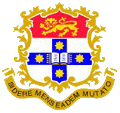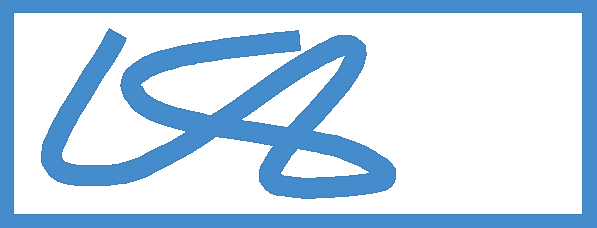|
|
Triple Bottom Line Reporting / Sustainability Reporting
In close collaboration with the NSW Environmental Trust and CSIRO Resource Futures, the ISA™ team at the University of Sydney has developed a quantitative, consistent and comprehensive Triple Bottom Line (TBL) Reporting framework.
At present, this TBL framework is being applied in projects such as:
- TBL Reporting at the economic-sector level for 135
sectors of the Australian economy (funded by the Federal Department of Environment and Heritage);
- Triple Bottom Line Accounts for the Fisheries Research & Development Corporation;
- TBL Report for Wollongong Council and the Wollongong Population
(funded by Wollongong Council);
- Consulting to ANZ Bank on the sustainability performance of their lending portfolio. This work featured in ANZ's 2006 Corporate Responsibility Report.
- Businesses on Norfolk Island.
The Sydney University / CSIRO framework addresses seven key issues that define
requirements of reporting on Socially Responsible Investment (SRI) and
TBL issues:
- The reporting methods must be reasonably simple in output
terms and able to be understood and accepted by company management,
investors, government policy, and the general public (see an example of a TBL spider diagram).
- They should produce indicators that are based on a common unit of
understanding (a metric; see an example for a quantitative TBL account).
- They must be able to be used at a number of spatial levels such as
economic sectors, states, councils, cities, companies, or government
institutions.
- While reasonably simple, they must reflect the complexity of
modern economic systems and be rigorous enough to meet economic
challenge.
- They should provide a stimulus to management change and innovation (see an example for a Structural Path Analysis).
- They should be able to report the direct, on-site TBL impacts that
exist in the immediate business environment of a particular sector or
company, as well as indirect, off-site impacts that account for the
intermediate and end-uses of the sectors or companies output throughout
the entire downstream supply chain.
- They should be able to report all indirect, off-site impacts that
account for the goods or services obtained from other sectors or
companies throughout the entire upstream supply chain (the "boundary problem").
The TBL Reporting framework developed the Sydney University /
CSIRO team therefore has the potential to touch every corner of the
modern economy.
For further information, download an
article on quantitative TBL.
ISA's Sustainability Reporting Project
In February 2006, the ISA Group has completed work on a 2-year Sustainability Reporting Pilot Program for organisations, funded by the NSW Environmental Trust.
This project has provided a consistent framework within which companies and organisations can undertake Sustainability Reporting using collaboratively defined and relevant indicators and national statistics underpinned by established economic theory. The purpose of this project was to bridge the gap between �hard science� and the real-life issues and needs of people who want to make a difference in the workplace. The project involved
- workshops discussing sustainability in general and reporting of organisations in particular,
- a participatory, iterative development process to improve reporting tools and develop support materials, including workplace trials of TBL Reporting, involving a range of organisations participating in the pilot,
- an internet-based introductory TBL course, and
- an on-line certified TBL course, detailed education material and professional software.
The project thus supports strategic decision making that moves organisations towards sustainability while enhancing social and fiscal performance. Its aim is to establish a milestone on the path towards implementing a standard, quantitative Sustainability Reporting policy that facilitates fair comparisons between organisations, and enables meaningful benchmarking.
For information on this project, contact Dr Joy Murray, +61 (0)2 9351-2627,
[email protected]
For further information please contact
|
Dr Arne Geschke
ISA, School of Physics A28
The University of Sydney NSW 2006
+61 (0)2 9036-7505
[email protected]
|
|

